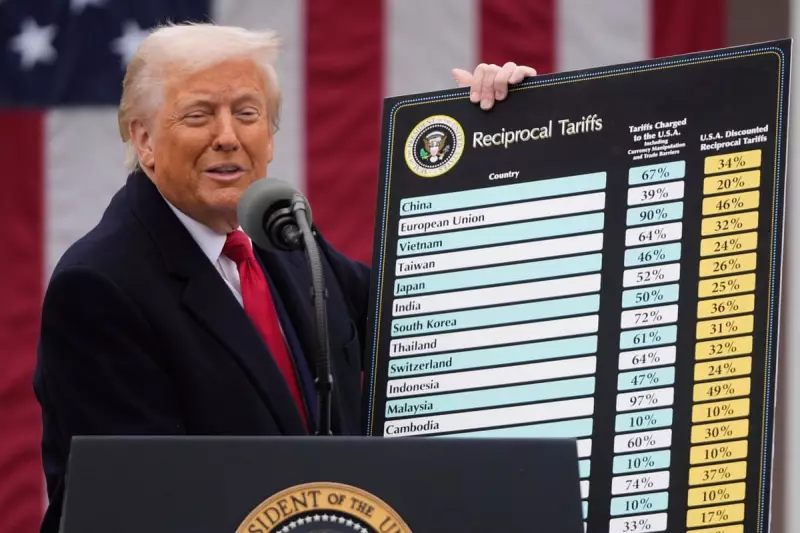
The hallowed halls of the US Supreme Court became the stage for a constitutional showdown of monumental proportions this week, as justices grappled with the fundamental question: how much power does a president truly wield over international trade?
A Presidential Power Grab?
At the heart of the legal battle lies former President Donald Trump's aggressive use of tariff authority, specifically his invocation of Section 232 of the Trade Expansion Act of 1962. The provision, originally designed to address genuine national security threats, has become the legal battleground for what critics describe as an unprecedented expansion of executive power.
"This case isn't just about tariffs—it's about the very architecture of our constitutional system," argued one legal expert observing the proceedings. "The court must decide whether Congress effectively wrote the president a blank cheque for trade policy."
The Legal Challenge Unfolds
During intense oral arguments, the justices appeared deeply divided along ideological lines. Conservative members of the bench seemed inclined to uphold broad presidential discretion in matters of national security and foreign policy.
"When Congress delegates authority to the president on national security grounds, shouldn't we afford that decision substantial deference?" questioned one justice, highlighting the traditional judicial reluctance to second-guess executive determinations on security matters.
Meanwhile, liberal justices expressed significant concerns about the potential for abuse. "If 'national security' can mean anything the president wants it to mean, haven't we effectively eliminated any meaningful legislative constraint?" countered another justice during the heated exchange.
Economic Stakes Couldn't Be Higher
The legal technicalities obscure what's at stake for the American economy and global trade relationships. Trump's tariff policies affected hundreds of billions of dollars in imported goods, from steel and aluminium to washing machines and solar panels.
Business groups and trading partners have watched the case with bated breath, understanding that the court's decision could either rein in future presidential trade actions or greenlight even more aggressive measures.
What Comes Next?
The Supreme Court's ruling, expected in the coming months, will have profound implications beyond just trade policy. Legal scholars suggest it could redefine the separation of powers for generations.
Should the court uphold the broad interpretation of presidential authority, future occupants of the White House would wield enormous power to reshape trade relationships unilaterally. A ruling against the administration, however, could force Congress to reclaim its constitutional role in regulating commerce with foreign nations.
As the justices deliberate behind closed doors, one thing remains clear: the outcome of this legal battle will echo through boardrooms, trading floors, and presidential administrations for decades to come.





